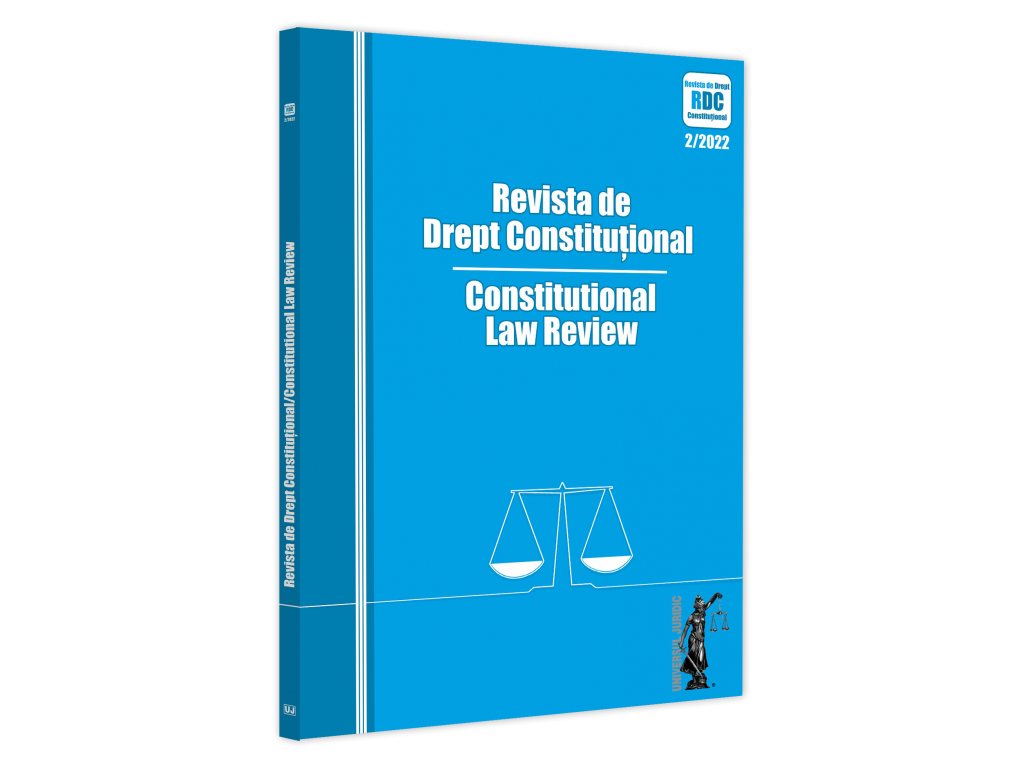Cultural contextualization of modern liberal constitution
Cultural contextualization of modern liberal constitution
Author(s): Dan Claudiu DănişorSubject(s): Law, Constitution, Jurisprudence, Constitutional Law, Civil Law, Government/Political systems
Published by: Universul Juridic
Keywords: constitution; liberalism; modernity; culture; rule of law; totalitarianism; absolutism; empire;
Summary/Abstract: The cultural contextualization of the ideal-type of the modern liberal constitution was and is made against imperial metaphysics, by overcoming the rule of law constituted by absolute monarchies and moving to a qualitatively superior cultural phase, that of the rule of law and in opposition to the totalitarianisms of the last century, which aimed to create a perfect society by establishing an anti-perfectionist constitution. Opposition to the imperial constitution makes the fundamental features of modern constitutions their revolutionary character, that is, in legal terms, reviewable, the fact that only self-centred societies can establish such a constitution, and the fact that constitutional law transforms from a form of stabilization of the existing order in a form of foundation of the future. Opposition to the absolute monarchy or the lack of the stage of absolute monarchy in the evolution of that society led to the split of Western legal cultures and the creation of two distinct models of the rule of law. Finally, opposition to totalitarianism has led modern constitutions to emphasize their liberalism, postulating the individual as the goal of any social system, the priority of freedom over power and the general interest, and the priority of the right over the good.
Journal: Revista de Drept Constituțional
- Issue Year: 2022
- Issue No: 02
- Page Range: 11-39
- Page Count: 29
- Language: English
- Content File-PDF

